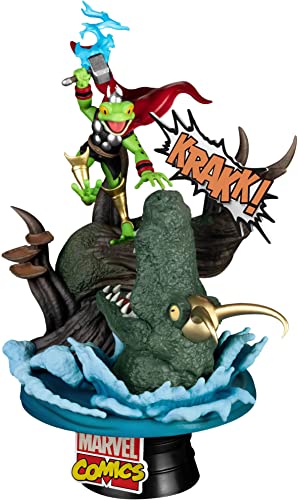Random_Retard
Super Freak
They're not reviews. They're very detailed explanations, going scene by scene, of how the film being studied, in this case Rebel Moon, is deeply flawed.
This particular YouTuber has a very good series on the Hobbit movies. Here he nicely points out the many issues Rebel Moon has, why they're an issue and what could have been done instead.
Still... it's kinda weird...
I mean... if I like the film I'm not going to watch a 2 hour video of someone telling me what is wrong with the thing I like.
And if I didn't like the film I really don't wanna waste even more time thinking about it. Especially not 2 hours.
But it might be interesting for film students... maybe...














